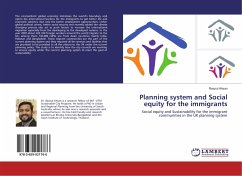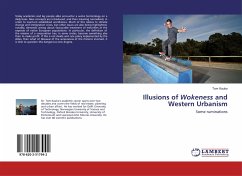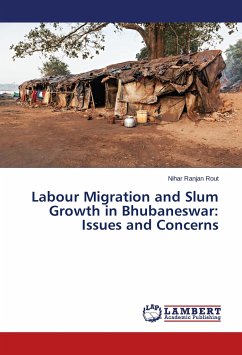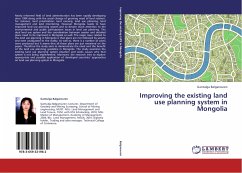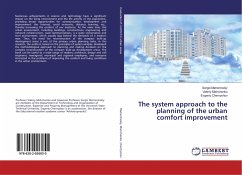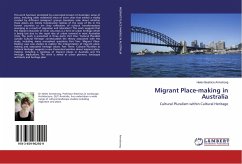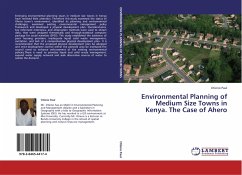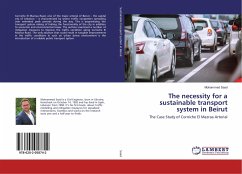The concomitant global economy minimizes the world's boundary and opens the international borders for the immigrants to get better life and economic solvency. Not only the better employment opportunities, rather global political unrest, better social security and recently added the climate changing process also act as push factors to increase the international migration especially from the developing to the developed nations. In the year 2007 about 422,100 foreign workers around the world migrate to the UK, among them 145,000 (34%) are from Asian countries mainly India, Pakistan and Bangladesh. Those migrant communities are the part of the current planning system and they required all the services and facilities that are promised to be provided to all the citizens to the UK under the current planning policy. This study is to identify how the city councils are working to ensure equity under the current planning system to meet the goal of sustainability.
Bitte wählen Sie Ihr Anliegen aus.
Rechnungen
Retourenschein anfordern
Bestellstatus
Storno

